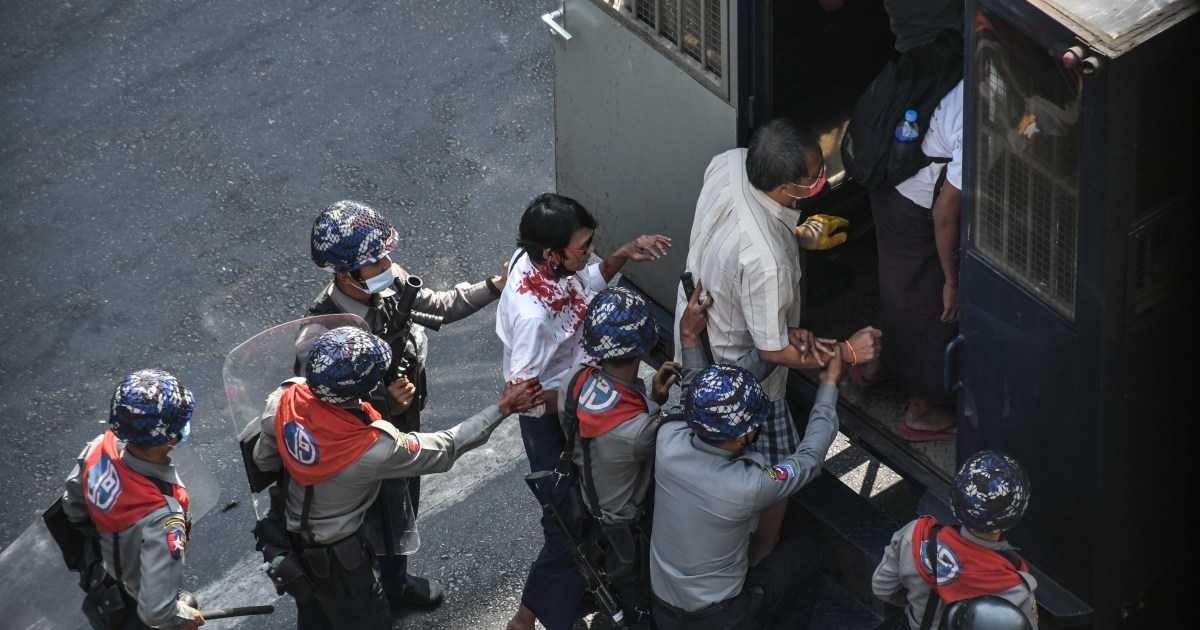Political sources reported the transfer of the ousted Myanmar leader to an undisclosed location, while Washington escalated the rhetoric against the putschists and demanded that they return the country to the democratic path.
And the "Myanmar Now" website quoted officials of the party of isolated Myanmar leader Aung San Sochi that she had been moved from the house in which she had been living under house arrest in the capital Naypyidaw since the army overthrew her government on February 1.
The site, citing sources in the National League for Democracy, stated that it was transferred 6 days ago.
And a senior source in the Association, who requested anonymity, was quoted as saying, "We no longer know where she is being held."
For her part, the UN special envoy to Myanmar Christine Schraner Burgner said that the army did not allow her to visit the country.
During a briefing to the United Nations General Assembly, Schraner Burgener called on the international community to shoulder its responsibilities towards the people of Myanmar and protect their democratic aspirations.
As for the US representative to the United Nations, Linda Thomas Greenfield, she said that her country will continue to take measures to force the Myanmar army to return to the democratic path.
And demanded the Myanmar army to give up power and cease violence, as she put it.
Protests continue
Inside Myanmar, hundreds of anti-coup protesters violently dispersed by riot police in 3 major cities.
Earlier, Myanmar's representative to the United Nations, Kyu Mo Tun, called on the international community on Friday to take "the strongest possible measure" to end the junta's rule in the country.
Ton urged states to "take all possible measures" to stop the violence by security forces against peaceful protesters.
Since the military coup that ousted civilian leader Aung San Sochi on February 1 this year, the country has witnessed a wave of anger and defiance from hundreds of thousands of demonstrators who are gathering to demand the release of Sochi and the return of democracy.
So far, at least 5 people have been killed since the coup, 4 of them succumbing to wounds sustained in anti-government demonstrations that saw security forces open fire on protesters.
The army said that a police officer died while trying to quell a protest.

